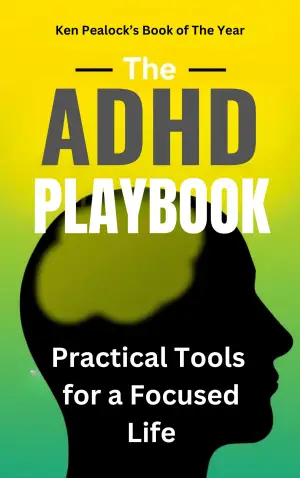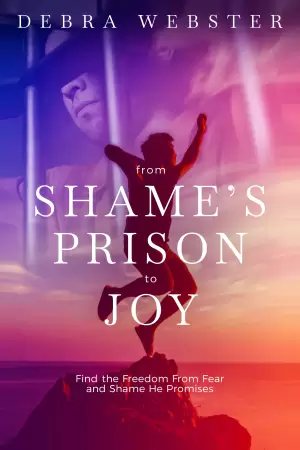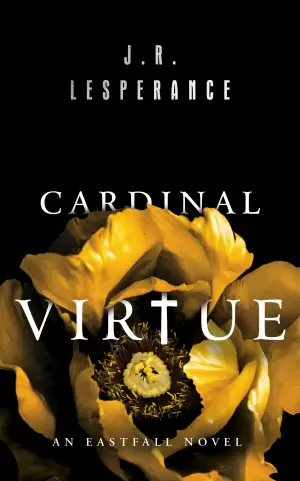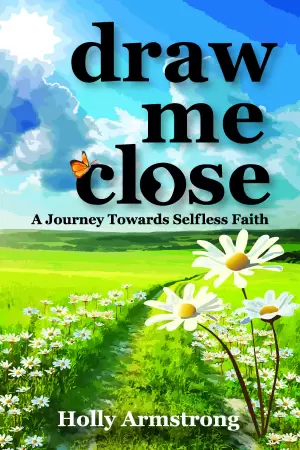A Journey Through Twilight’s Shadows: My Take on New Moon
As I settled down to read New Moon, the second installment in Stephenie Meyer’s Twilight Saga, I couldn’t help but feel a mix of curiosity and reluctance. After all, earlier this year, I lent my beloved copy of Twilight to Cate, a friend across the road, who devoured it and subsequently received New Moon as a parting gift before heading off to college. In a way, I felt a bit like Bella—lost in the tumult of emotions left by that first book. Would I find my footing again in this continuation, or would it lead me deeper into the thicket of teenage angst and the supernatural?
The plot picks up where Twilight left off, with Bella Swan grappling with the heartbreak of Edward Cullen leaving her to protect her from the dangers his vampire life brings. This heartbreak spirals Bella into a dark place of depression and existential dread, which starkly resonates with the confusions of young adulthood. It’s interesting to think about how, at just eighteen, Bella obsesses over aging and the prospect of eternity—traits that feel particularly pronounced in our youth-obsessed culture.
Meyer delves into themes of love, loss, and the complexity of personal identity through Bella’s tumultuous journey. The introduction of Jacob Black adds layers to the narrative, creating a love triangle that captures the emotional pull of desire and loyalty. Jacob represents warmth and friendship contrasted to the cold, distant allure of Edward. I found it fascinating how this duality wasn’t merely romantic—Meyer cleverly personifies the struggle of wanting to embrace one’s humanity versus the temptation of transcendence.
The writing style has its ups and downs. Meyer’s prose can be clunky, layered with repetitive phrases that reflect Bella’s obsessive thought patterns. Her melodrama can sometimes weigh the narrative down, but I must confess—it also creates an authenticity to Bella’s raw emotional state. For instance, the line, “I’d been broken beyond repair. But I needed Jacob now, needed him like a drug,” encapsulates a visceral sense of longing that’s relatable, despite its over-the-top delivery.
Furthermore, I found myself pondering some of the more philosophical implications of the vampire lore. Meyer invites her readers to think critically about the implications of transformation and identity. Much like a quote I stumbled upon, “As ye sow, so shall ye reap,” we must consider what it means to embrace a change that could compromise one’s essence. This intriguing subplot made me reflect on our own societal entry into a future fueled by advanced technology and existential dilemmas, mirroring the one Bella faces.
In the end, I found New Moon to be a surprising emotional journey. It resonates well with readers who enjoy character-driven narratives filled with introspection, particularly those navigating their complexities in young adulthood. While not without its flaws, New Moon invites us into a raw and often confusing emotional landscape where attraction, identity, and the fear of the unknown intermingle with the supernatural.
For those who appreciate a blend of romance, existential inquiry, and a dash of the fanciful, diving into the world of Bella and her choices could be a significant, if not enlightening, experience. It left me reflecting not just on Bella’s transformation, but also on the broader implications of who we really are—or who we wish to become.
Discover more about New Moon (The Twilight Saga, #2) on GoodReads >>















